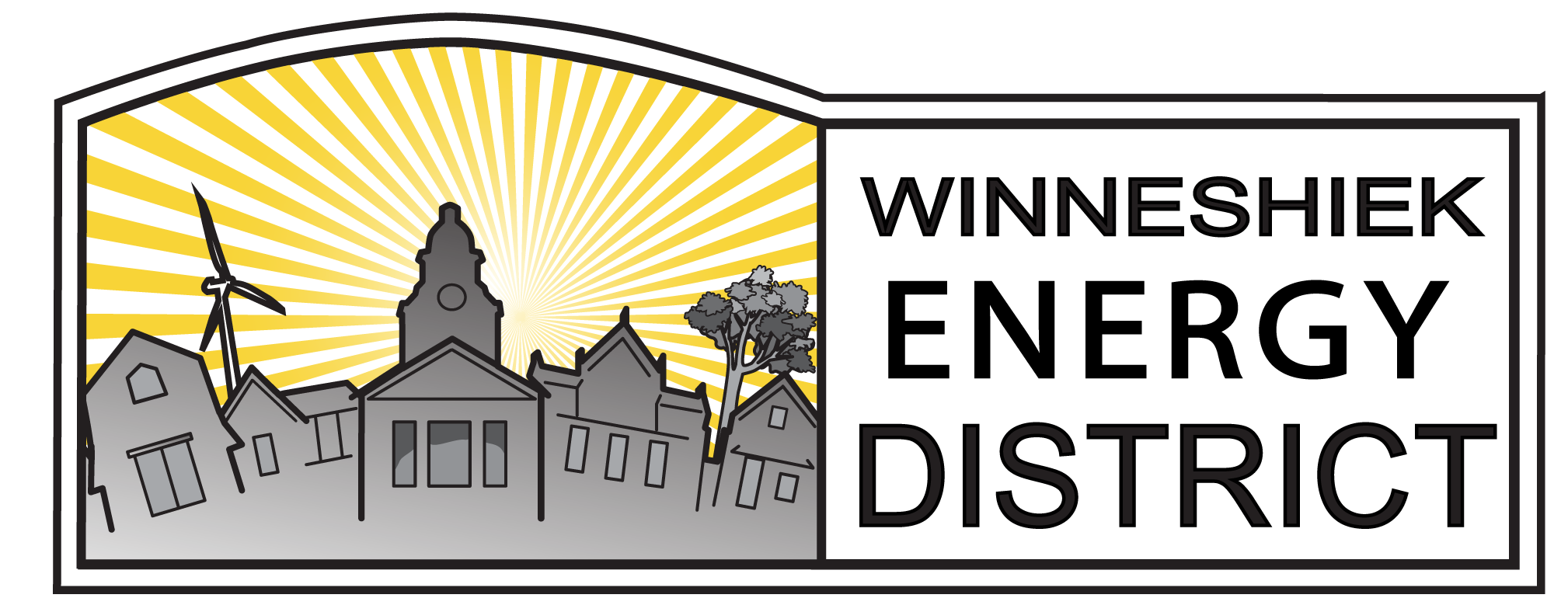Update on Iowa Utility’s Attempt to Kill Net-Metering
Joel Zook, Energy Planner
The Energy District has been closely following any developments out of the state capitol regarding MidAmerican’s attempts to do away with net-metering for solar customers as we know it. The proposed law (HF669) has already passed the Iowa Senate, but it appears to be stalled in the House for lack of support.
You can learn more about the bill and its impacts, if passed, on our clean energy advocacy webpage.
On April 11th, Representative Ross Paustian (R, Scott County) filed an amendment with twelve other Republican co-signers to the bill. His proposed amendment would completely rewrite the proposed legislation and replace it with instructions for the Iowa Utilities Board to conduct a “Value of Solar” study to measure the impacts, both positive and negative, that customer-owned solar has on the grid.
This amendment is not likely to pass, but it’s a public signaling to the House leadership that there is not support to pass the original bill. The value of solar amendment was filed by Paustian and was supported by the following Representatives:
- Jarad Klein (Lousia)
- Louis Zumbach (Linn)
- Joe Mitchell (Henry)
- Dave Maxwell (Poweshiek)
- Shannon Lundgren (Dubuque)
- Phil Thompson (Greene)
- Andy McKean (Jones)
- Jane Bloomingdale (Worth)
- Brian Lohse (Polk)
- Jeff Shipley (Jefferson)
- David Kerr (Washington)
- Michael Bergan (Winneshiek)
Though not likely to pass, the amendment to the bill is good policy. We know the value of solar is strong and a study of this would show how solar owners could be fairly compensated for the value they provide to the grid and ratepayers overall.
You can find the entire amendment here. Below is some of the amendment’s text worthy of highlighting.
“The general assembly recognizes that distributed solar facilities provide a wide range of benefits to the electric distribution grid, and to electric utilities and their customers.
The board shall establish a methodology to derive a value of distributed solar tariff and credit as an alternative to net metering for distributed solar facility customers.
The methodology shall, at a minimum, fully account for the value of energy and its delivery, including at peak times, generation capacity, avoided transmission and distribution capacity, avoided transmission and distribution line losses, avoided fuel costs, fuel cost stability and hedge value, avoided reserve capacity costs, avoided or deferred electric infrastructure costs, including initial capital costs and ongoing fixed and variable costs, and avoided federally mandated pollution mitigation costs.”
Join the Energy District in thanking these legislators who sponsored the amendment!
